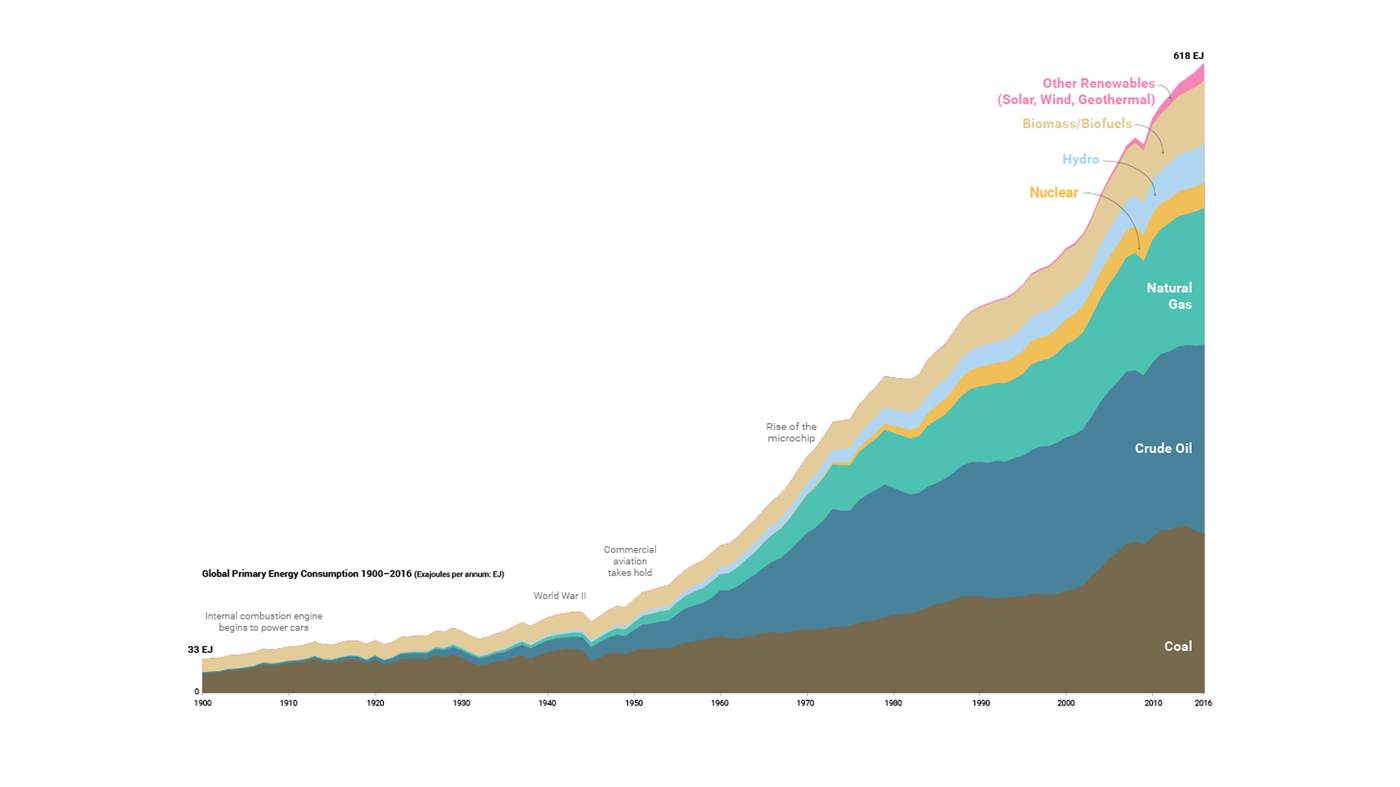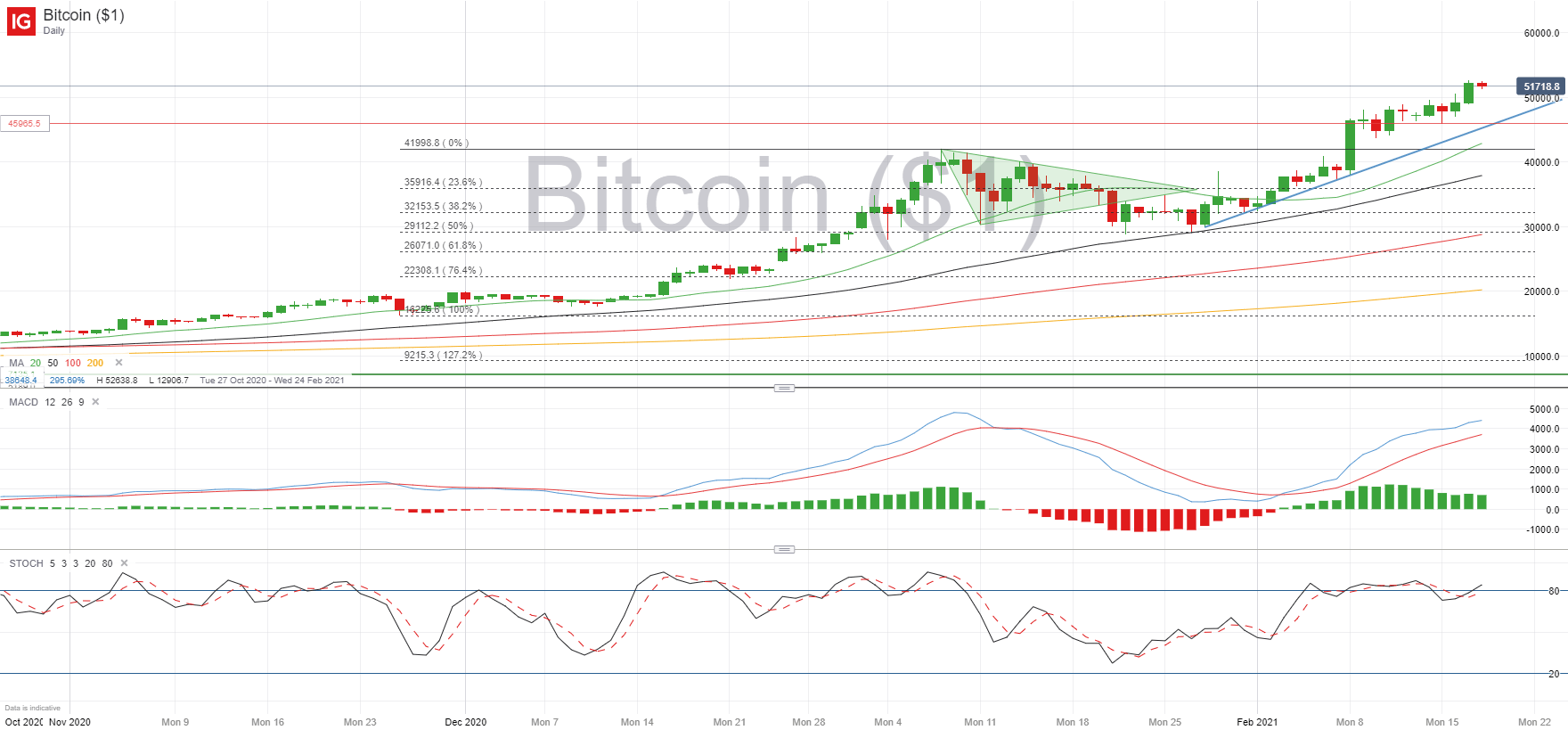The Great Decoupling: A New Era Of Global Economic Relations

Table of Contents
Drivers of the Great Decoupling
Several interconnected factors are driving this profound shift away from interconnected global markets towards a more regionalized and potentially fragmented economic system. Understanding these drivers is crucial to navigating this complex new reality.
Geopolitical Tensions and the Rise of Protectionism
The rise of geopolitical rivalry, particularly between the US and China, is a primary driver of The Great Decoupling. This rivalry has fueled a resurgence of protectionism, manifested in the implementation of tariffs, sanctions, and other trade restrictions.
- Examples: The US-China trade war, initiated in 2018, imposed significant tariffs on billions of dollars worth of goods, disrupting global supply chains and fostering uncertainty. Similar protectionist measures have been adopted by other countries, highlighting a global trend toward economic nationalism.
- The imposition of sanctions on Russia following its invasion of Ukraine further exemplifies how geopolitical tensions can drastically reshape global trade flows and partnerships.
- These trade wars and sanctions create significant geopolitical risks, impacting not only bilateral relations but also the stability of the global economy as a whole.
Supply Chain Resilience and Diversification
The COVID-19 pandemic exposed the fragility of global supply chains, leading to widespread shortages and disruptions. This experience has spurred a renewed focus on supply chain resilience and diversification. Businesses are actively seeking to reduce their reliance on single sourcing and geographically concentrated production.
- Friend-shoring and Near-shoring: Companies are increasingly adopting "friend-shoring" (relocating production to countries with close political and economic alliances) and "near-shoring" (moving production closer to home) strategies to mitigate risks associated with geopolitical instability and long, complex supply chains.
- This shift towards regionalization impacts global value chains, potentially leading to higher production costs but also greater stability and control.
Technological Competition and National Security Concerns
Technological competition, especially in critical sectors like semiconductors and artificial intelligence (AI), is another key driver of The Great Decoupling. National security concerns are increasingly intertwined with economic decision-making, leading countries to prioritize domestic technological development and reduce reliance on foreign technologies.
- Technological Independence: Many nations are investing heavily in domestic semiconductor manufacturing and AI research to reduce their dependence on foreign suppliers and maintain a technological edge. This pursuit of technological independence contributes significantly to the fragmentation of global economic relations.
- The strategic importance of critical technologies is driving governments to implement policies that encourage domestic production and limit technology transfers to rival nations.
Consequences of the Great Decoupling
The Great Decoupling has significant consequences for the global economy, impacting trade, investment, and the stability of various nations.
Impact on Global Trade and Investment
The decoupling process is likely to lead to a decrease in global trade and foreign direct investment (FDI) flows. The reduced interconnectedness could stifle global economic growth, although regional trade agreements might partially offset this effect.
- Regionalization of Trade: We can expect a rise in regional trade agreements and a focus on strengthening economic ties within specific geographical areas.
- This shift could lead to the emergence of competing economic blocs, potentially altering the balance of global power.
Implications for Developing Countries
Developing countries, often heavily reliant on global trade and investment, are particularly vulnerable to the consequences of The Great Decoupling. Reduced access to global markets and decreased FDI could hinder their economic development and exacerbate existing inequalities.
- Economic Vulnerability: Developing economies face the challenge of adapting to a more fragmented global economy, potentially experiencing slower growth and increased economic vulnerability.
- This necessitates a focus on strengthening domestic industries and diversifying their economic relationships to mitigate the negative impacts of this shift.
Increased Inflation and Economic Volatility
Supply chain disruptions and protectionist policies contribute to increased inflation and economic volatility. Central banks face the challenge of managing inflation in a decoupled world characterized by heightened uncertainty.
- Monetary Policy Challenges: Central banks must navigate the complexities of managing inflation in an environment marked by fragmented supply chains and heightened geopolitical risks.
- The increased volatility makes economic forecasting more challenging and increases the risk of economic downturns.
Potential Future Scenarios of the Great Decoupling
The future trajectory of The Great Decoupling remains uncertain, with two contrasting scenarios emerging:
Fragmentation vs. Adaptation
The global economy could become deeply fragmented, with competing economic blocs and reduced cooperation. Alternatively, nations might adapt, finding new ways to cooperate while managing their national interests.
- Economic Blocs: The potential emergence of competing economic blocs could reshape global power dynamics and lead to a multi-polar world.
- However, the possibility of adaptation and the emergence of new forms of international cooperation cannot be ruled out.
Technological Advancements and Their Impact
Technological advancements could either accelerate or mitigate the effects of decoupling. Automation and digital technologies could reshape global supply chains and facilitate new forms of economic cooperation.
- Technological Disruption: Technological innovation will play a key role in shaping the future of global economic relations in the context of The Great Decoupling.
- This includes both the potential for increased fragmentation driven by technological competition and the potential for new forms of collaboration enabled by technology.
Conclusion: Understanding and Navigating the Great Decoupling
The Great Decoupling is a multifaceted phenomenon driven by geopolitical tensions, the need for supply chain resilience, and technological competition. Its consequences are far-reaching, impacting global trade, investment, and economic stability. Understanding this new economic paradigm is crucial for businesses and policymakers alike. Strategic planning and adaptation are essential for navigating the complexities of this evolving landscape. To better understand the implications of The Great Decoupling for your own business and industry, we encourage further research and exploration of the resources available on this critical topic. Proactive adaptation will be key to thriving in this new era of global economic relations.

Featured Posts
-
 Could Bitcoin Reach New Heights A 1 500 Growth Forecast
May 08, 2025
Could Bitcoin Reach New Heights A 1 500 Growth Forecast
May 08, 2025 -
 Hernandez Dirigira Al Flamengo Detalles De Su Nombramiento
May 08, 2025
Hernandez Dirigira Al Flamengo Detalles De Su Nombramiento
May 08, 2025 -
 Video Arrascaetas Incredible Goal In Flamengos Taca Guanabara Win
May 08, 2025
Video Arrascaetas Incredible Goal In Flamengos Taca Guanabara Win
May 08, 2025 -
 Stream Andor Season 1 Episodes 1 3 Hulu And You Tube Availability
May 08, 2025
Stream Andor Season 1 Episodes 1 3 Hulu And You Tube Availability
May 08, 2025 -
 Dwp Overpayments How To Claim Back Universal Credit Money
May 08, 2025
Dwp Overpayments How To Claim Back Universal Credit Money
May 08, 2025
Latest Posts
-
 Bayern Munich Vs Eintracht Frankfurt Match Preview And Prediction
May 09, 2025
Bayern Munich Vs Eintracht Frankfurt Match Preview And Prediction
May 09, 2025 -
 Kyle Kuzmas Reaction To Jayson Tatums Viral Instagram Post
May 09, 2025
Kyle Kuzmas Reaction To Jayson Tatums Viral Instagram Post
May 09, 2025 -
 Masshtabnoe Otklyuchenie Sveta V Sverdlovskoy Oblasti Posle Snegopada
May 09, 2025
Masshtabnoe Otklyuchenie Sveta V Sverdlovskoy Oblasti Posle Snegopada
May 09, 2025 -
 45 000 Chelovek Ostalis Bez Elektrichestva Iz Za Snegopada V Sverdlovskoy Oblasti
May 09, 2025
45 000 Chelovek Ostalis Bez Elektrichestva Iz Za Snegopada V Sverdlovskoy Oblasti
May 09, 2025 -
 Snegopad V Sverdlovskoy Oblasti 45 Tysyach Chelovek Bez Sveta
May 09, 2025
Snegopad V Sverdlovskoy Oblasti 45 Tysyach Chelovek Bez Sveta
May 09, 2025
